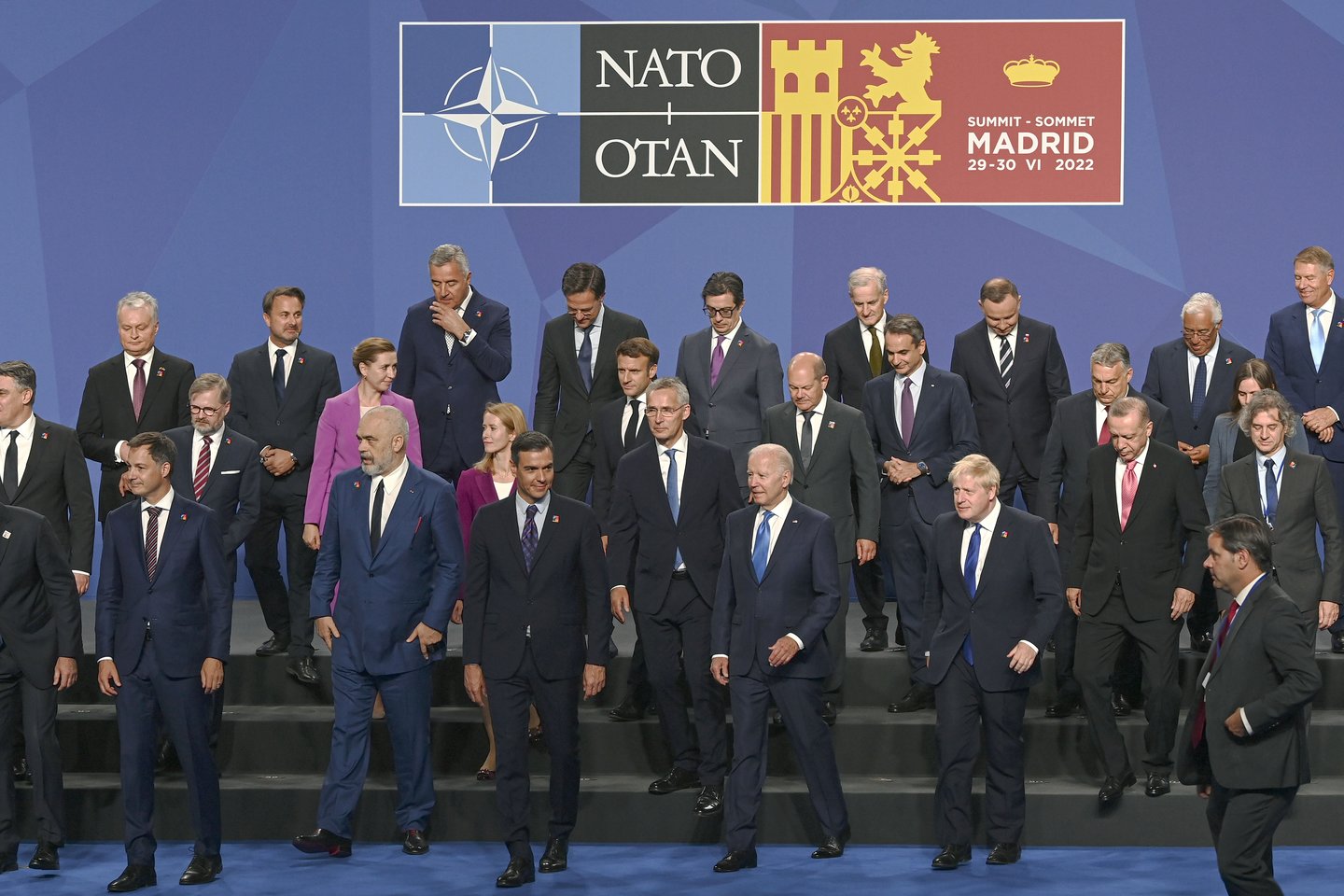Geopolitical Implications of NATO Summit in Washington DC
Nato summit washington dc – The NATO summit in Washington DC holds significant geopolitical implications, as it brings together leaders from across the alliance to address pressing global challenges. The summit aims to strengthen NATO’s collective defense capabilities, enhance cooperation with partner nations, and navigate the evolving geopolitical landscape.
The upcoming NATO summit in Washington, D.C., will bring together leaders from across the alliance to discuss a range of pressing issues facing the world today. The summit will focus on strengthening NATO’s collective defense capabilities , as well as addressing new threats to security, such as cyberattacks and hybrid warfare.
The summit will also be an opportunity for NATO leaders to reaffirm their commitment to the alliance and to work together to ensure its continued relevance in the 21st century.
NATO’s strategic objectives at the summit include deterring and defending against potential threats, promoting stability and security in Europe and beyond, and fostering transatlantic cooperation. The summit will also address issues such as the ongoing conflict in Ukraine, the rise of China, and the challenges posed by terrorism and cyber warfare.
Impact on International Relations, Nato summit washington dc
The NATO summit is expected to have a significant impact on international relations. The alliance’s reaffirmation of its commitment to collective defense and its support for Ukraine will send a strong message to Russia and other potential adversaries. The summit may also lead to increased cooperation between NATO and partner nations, particularly in the Indo-Pacific region.
Agenda and Key Discussions at the NATO Summit: Nato Summit Washington Dc

The NATO Summit in Washington DC brought together leaders from NATO member states to discuss pressing global issues and the future of the alliance. The summit agenda covered a wide range of topics, including the war in Ukraine, the rise of China, and the threat of terrorism.
One of the key topics discussed at the summit was the war in Ukraine. NATO members reaffirmed their support for Ukraine and condemned Russia’s aggression. They also discussed ways to increase military aid to Ukraine and to strengthen NATO’s defenses in the region.
Another key topic discussed at the summit was the rise of China. NATO members expressed concern about China’s growing military power and its aggressive behavior in the Asia-Pacific region. They also discussed ways to counter China’s influence and to promote a free and open Indo-Pacific.
The summit also discussed the threat of terrorism. NATO members agreed to continue working together to combat terrorism and to prevent terrorist attacks.
Outcomes and Agreements
- NATO members reaffirmed their commitment to the defense of Ukraine and condemned Russia’s aggression.
- NATO members agreed to increase military aid to Ukraine and to strengthen NATO’s defenses in the region.
- NATO members expressed concern about China’s growing military power and its aggressive behavior in the Asia-Pacific region.
- NATO members agreed to continue working together to combat terrorism and to prevent terrorist attacks.
Challenges and Opportunities for NATO in the 21st Century

NATO, the North Atlantic Treaty Organization, is a military alliance of 30 countries from North America and Europe. It was founded in 1949 in the aftermath of World War II to provide collective security against the Soviet Union. In the decades since, NATO has evolved to meet new challenges, including the rise of terrorism and the proliferation of weapons of mass destruction. Today, NATO remains a vital player in global security, but it faces a number of challenges and opportunities in the 21st century.
One of the biggest challenges facing NATO is the rise of new threats to global security. These threats include terrorism, cyber warfare, and the proliferation of weapons of mass destruction. NATO must adapt its strategies and capabilities to meet these new challenges. For example, NATO has created a new cyber defense center to help member states defend against cyber attacks. NATO is also working to develop new technologies to counter the threat of weapons of mass destruction.
In addition to these challenges, NATO also has a number of opportunities to adapt and evolve in the 21st century. For example, NATO can play a greater role in promoting global security and stability. NATO can also help to build partnerships with other countries and organizations around the world. By doing so, NATO can help to create a more secure and stable world.
In order to strengthen NATO’s role in promoting global security and stability, the following recommendations should be considered:
- NATO should continue to adapt its strategies and capabilities to meet new threats to global security.
- NATO should play a greater role in promoting global security and stability.
- NATO should help to build partnerships with other countries and organizations around the world.
By following these recommendations, NATO can continue to be a vital player in global security in the 21st century.
The NATO Summit in Washington, D.C. took place at the historic Mellon Auditorium , a renowned venue known for its opulent Beaux-Arts architecture. The summit brought together leaders from across the alliance to discuss critical security issues, reaffirming NATO’s commitment to collective defense and global stability.
As the summit concluded, participants left the hallowed halls of Mellon Auditorium, carrying with them the weight of the decisions made and the renewed sense of unity and purpose that had emerged from the gathering.